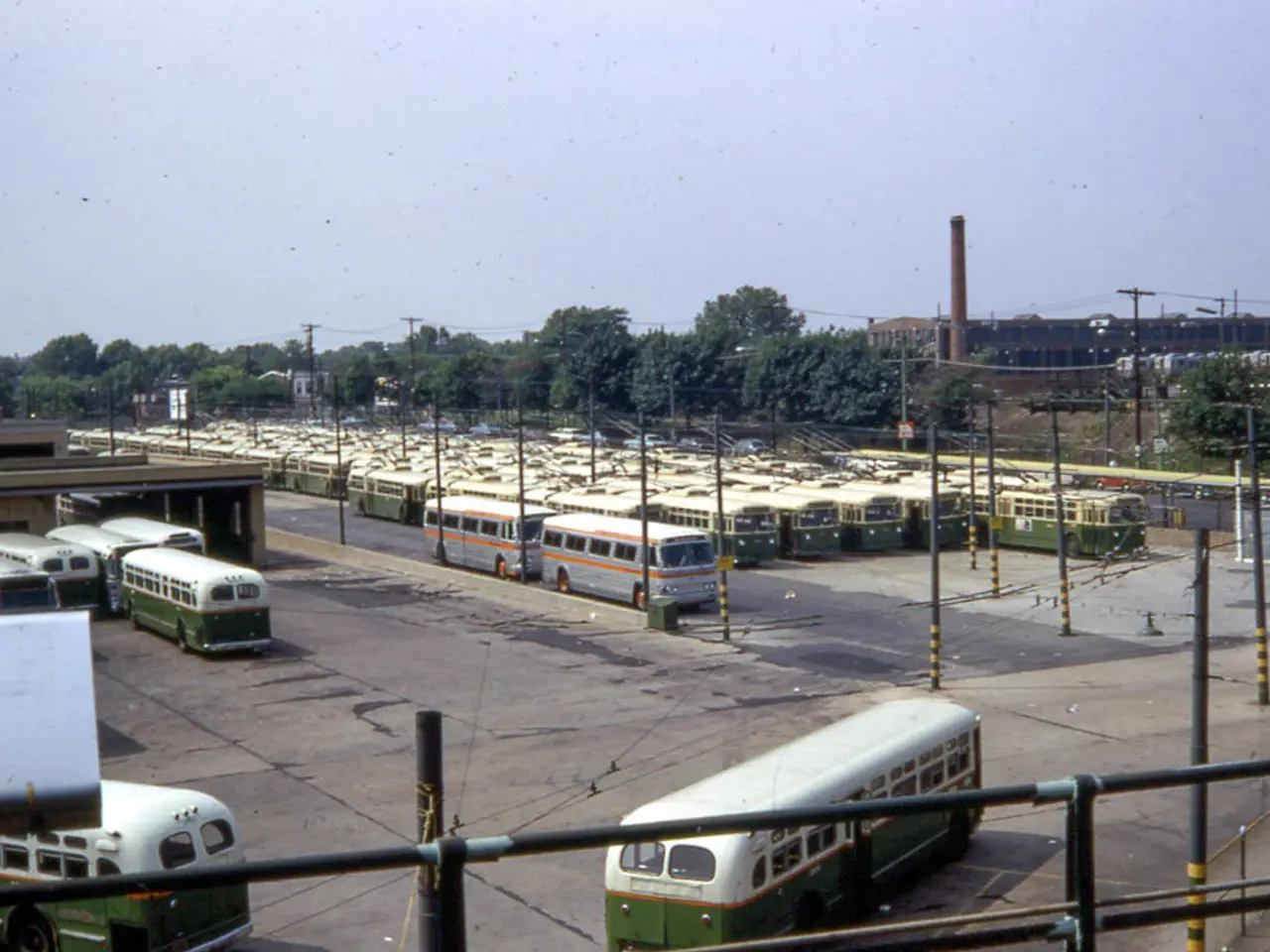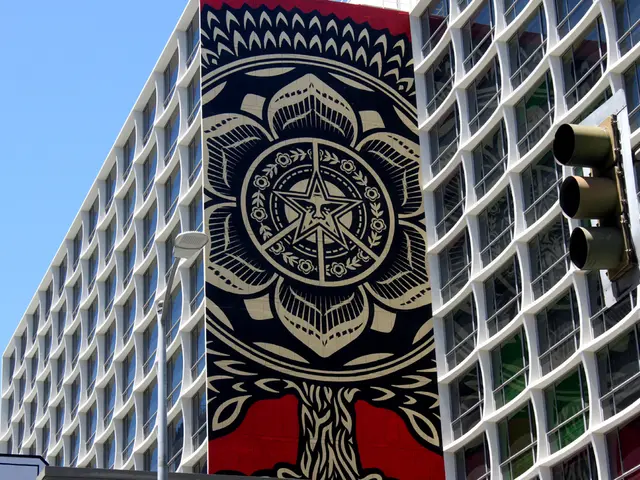Mérida's Public Transportation Disarray: The Political Untangling of "Go and Return"
Mérida's Va y Ven public transportation system, once hailed for its modern fleet of air-conditioned buses and technological advancements, is currently grappling with significant disruptions[1]. The decline in service is due to political disputes and administrative mismanagement, leading to service cuts and bus removals by concessionaires[1].
These changes are threatening mobility in one of Mexico’s fastest-growing metropolitan areas, which now ranks 10th largest in the country[1][2]. The dismantling of Va y Ven reflects deeper issues in urban planning and governance.
Key details on the current state of Va y Ven in Mérida, Yucatán:
- Service Cuts and Bus Withdrawals: Concessionaires have been removing buses from service primarily because of delayed payments and unresolved disputes with authorities, significantly reducing bus availability for daily commuters[1].
- Mobility Impact: These cuts are causing transportation challenges, undermining the reliability of public transit in the city. Residents, especially those in working-class neighborhoods, are facing immediate and severe consequences, including long wait times, unreliable service, increased costs, travel times, and reduced safety[6].
- Technological Efforts: Despite operational problems, the Va y Ven system launched apps on Android and iOS platforms offering features such as real-time bus arrival estimates, virtual tickets, QR code validators, and digital payment options, aiming to streamline travel[3][4].
- Administrative Challenges: Underlying these issues are political and administrative management conflicts impacting the timely funding and coordination between the state government and bus operators[1].
In summary, while the Va y Ven system was modernized and technologically advanced, ongoing political disputes and mismanagement have recently caused service reductions and operational instability, negatively affecting public transit accessibility in Mérida. The situation continues to evolve as stakeholders seek resolution[1][5].
Under the current administration, led by Governor Joaquín Díaz Mena, over 140 buses were withdrawn, disrupting service. The return of outdated buses undermines accessibility for people with disabilities and increases exposure to heat and pollution. This rollback has sparked concern among citizens and legislators, who view it as a regression from the progress made in recent years[7].
On a positive note, the Mérida airport's Route "Va y Ven" is set to operate 24 hours a day, offering a glimmer of hope for improved transportation services in the city[8]. However, the future of the Va y Ven system remains uncertain as it navigates through these challenging times.
Read also:
- Finance Management Organization (FMO) secures €130 million syndicated loan for QNB Leasing in Turkey
- Industrial blasts at US Steel facility in Pennsylvania claim one life, one person is unaccounted for, and ten individuals suffer injuries
- A certified Mechanic unequivocally avoids performing oil changes on vehicles that are still under warranty.
- Represents the role of BNP Paribas and Citibank in eco-friendly financial initiatives







